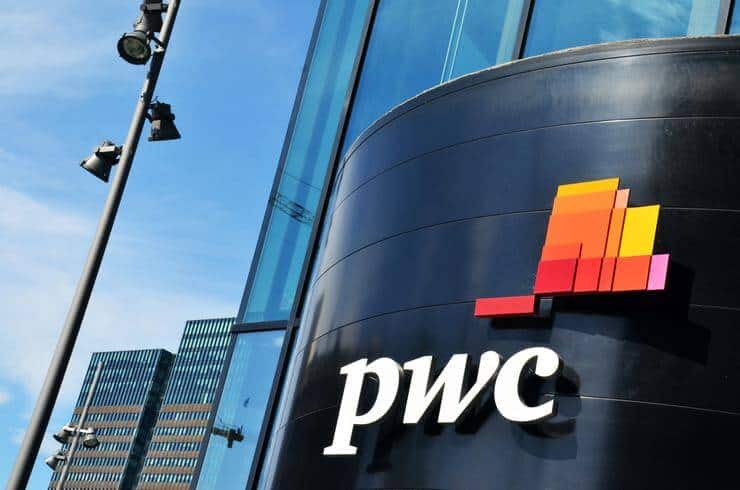Join Our Telegram channel to stay up to date on breaking news coverage
Cash remains the most used private payment system and despite the clamor for a cashless economy, cash remains defiant and in the recent last years, cash circulation was reported to have increased from 7% to 9.6% of GDP using developed and emerging markets as a benchmark.
The Clamor for Cashless Economy Never Ends
Cash has the advantage of being direct and also comes with a note of finality however its usage has been limited majorly for smaller amount transactions. Cash is a hallmark of civilization and it remains the basic payment tool up to date. Imagine a world without cash?
Many cash management providers are at a truce on the increasing clamor for a cashless economy. It was even suggested in a recent IMF write up that an interest fee of 4% should be incurred for conversion between cash and virtual bank money.
The desire of the apex bank is a negative interest in transactions which has already been achieved in some countries in Europe but cash defeats this, Erstwhile increasing the clamor for cashless by the central banks. Central and commercial banks prefer digital as this increases their control.
Cash Cannot Be Overruled in the Developing Market
The clamor for a cashless economy and negative interest rate may seem louder in many developed countries, it, however, seems far from the reality for most countries as only one-sixth of the total world’s currencies are internationally accepted and of this, only about a third is currently used for cross border trade effectively.
The acceptance of online products and services in developing markets is largely dependent on the ease of switching between cash and online money. This brings to mind the notion believed by many that Africa’s mobile money can be a plus for the developing world, as it provides an easy correlatable switch between cash and digital money.
Stablecoins: The Connecting Thread Between Cash and Digital
Cryptocurrency serves as a bridge connecting cash and digital. In this regard, Stablecoins are best suited for this purpose as its value is pegged to the value of a more stable asset. The peg works on trusted and trustless mechanisms. The difference between the trusted and trustless mechanisms is who maintains the peg. In a trusted mechanism, Stablecoins is pegged to the USD Dollar, examples such as True USD, Gemini Dollar comes to mind while for the trustless Stablecoins, Makerdao, Stable.Php comes to mind. New projects are however on the increase for extending the reach of Stablecoins into other currencies.
Why Stablecoins?
Stablecoins are essential for providing that switch between cash and digital money in the developing world considering the ease of conversion of cash to digital money, and also eluding the worry of volatility that is associated with bitcoin. The stable coin can be used as a form of digital cash by merging it with any of the digital services provided by companies within that reach. An Example is Okra Solar already used in the Philippines.
Read more:
Join Our Telegram channel to stay up to date on breaking news coverage


